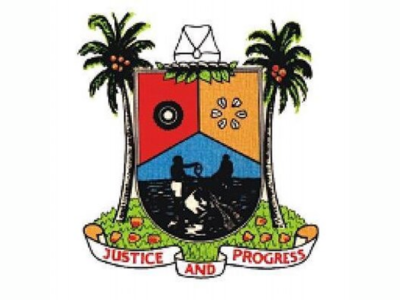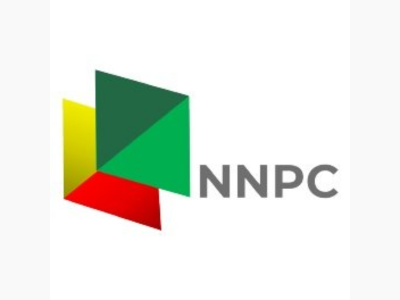Nigeria’s Tax Reform Laws Officially Gazetted, Set for 2026 Rollout
- by Admin.
- Sep 08, 2025

Credit: Freepik
The Federal Government of Nigeria has formally published the country's landmark tax reform laws in the Official Gazette, granting them full legal effect and paving the way for phased implementation possibly beginning in 2026.
The publication confirms the enactment of four distinct statutes signed into law on June 26, 2025: the Nigeria Tax Act (NTA), the Nigeria Tax Administration Act (NTAA), the Nigeria Revenue Service (Establishment) Act (NRSEA), and the Joint Revenue Board (Establishment) Act (JRBEA).
According to officials, gazetting these laws marks the final step in the legislative process, making them binding and enforceable.
“This provides formal recognition, ensures public access, and in many cases, sets the effective date for implementation,” the government stated.
Chairman of the Presidential Fiscal Policy and Tax Reforms Committee, Taiwo Oyedele, emphasized that the reforms aim to simplify Nigeria’s tax system, improve compliance, and stimulate economic growth. Among the key provisions is a zero percent tax rate for small companies—defined as businesses with annual turnover below ₦100 million and fixed assets under ₦250 million.
For larger corporations, the reforms introduce a reduced corporate tax rate of 25%, down from 30%, pending a commencement order by the President based on recommendations from the National Economic Council (NEC). Additionally, top-up tax exemptions have been set at ₦50 billion for domestic firms and €750 million for multinational corporations.
To incentivize investment, the laws include a five percent annual tax credit for qualifying ventures in priority sectors. Taxpayers conducting foreign currency transactions will also be allowed to settle obligations in naira, using the prevailing official exchange rate.
The implementation timeline is staggered: the NTA and NTAA will take effect on January 1, 2026, while the NRSEA and JRBEA became operational immediately upon enactment on June 26. This phased rollout is designed to give revenue institutions time to prepare for full enforcement.
Officials noted that publishing the laws in the Gazette ensures transparency and minimizes legal ambiguity, allowing stakeholders to access the exact language of the statutes.
Digital copies of the laws are available for download at fiscalreforms.ng













0 Comment(s)